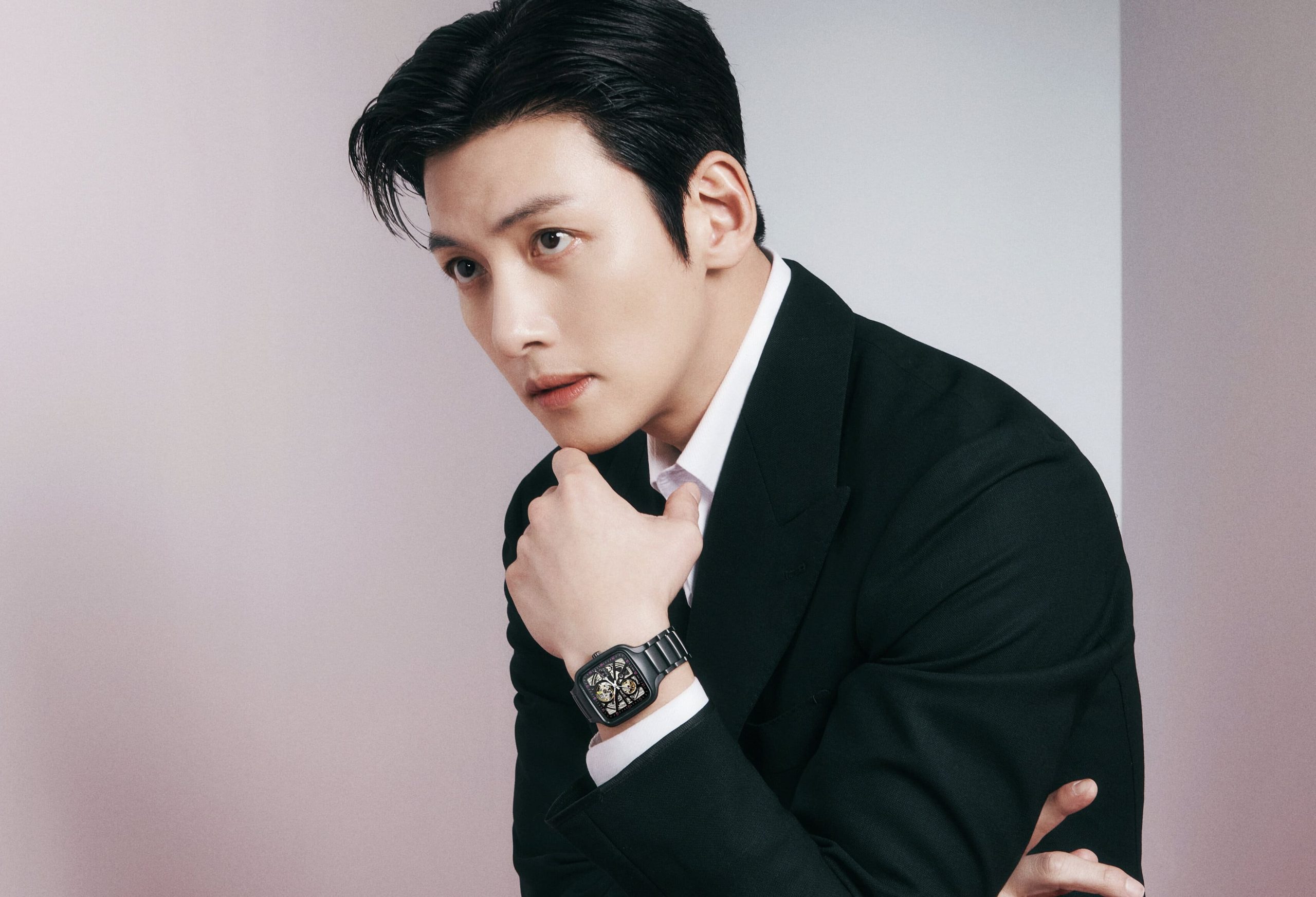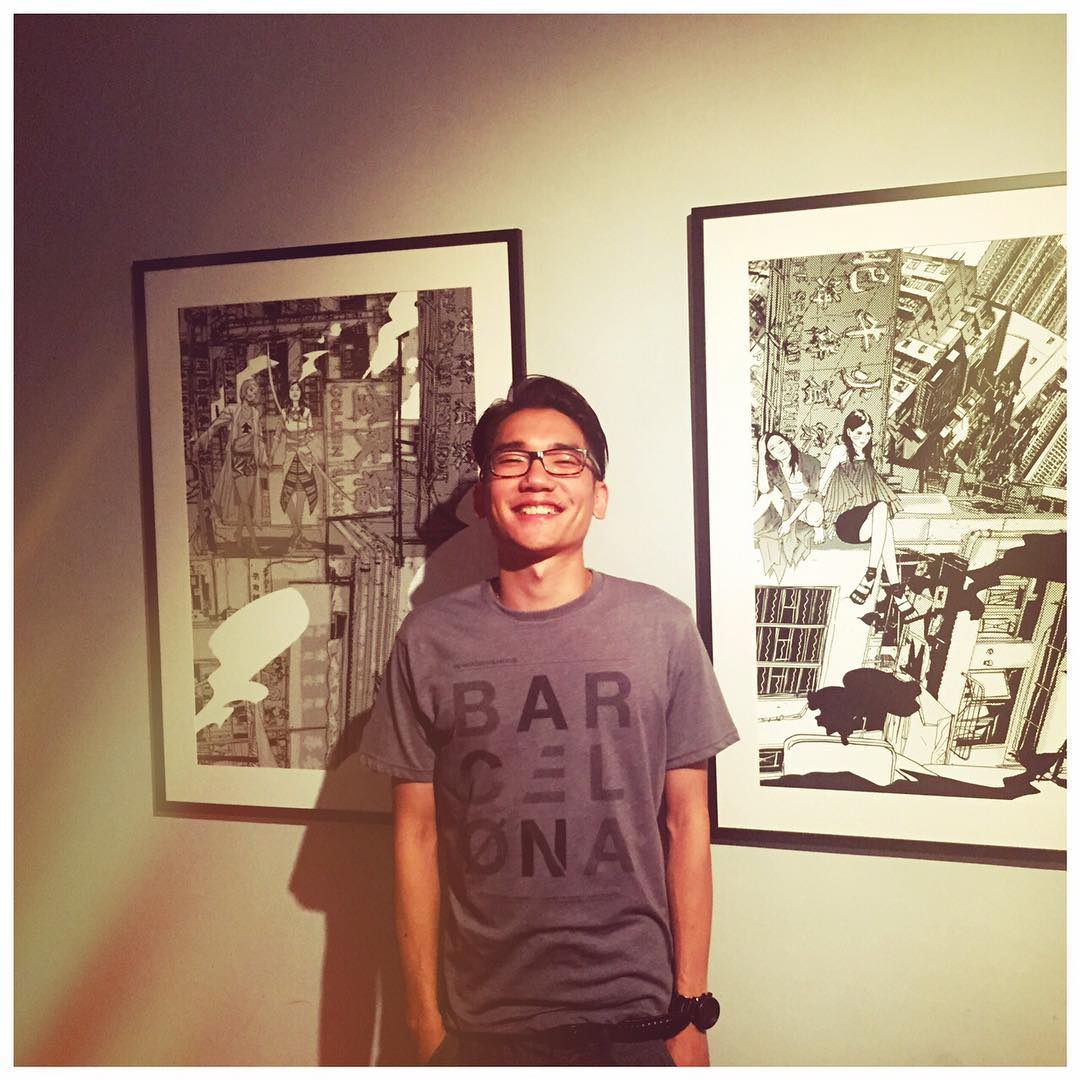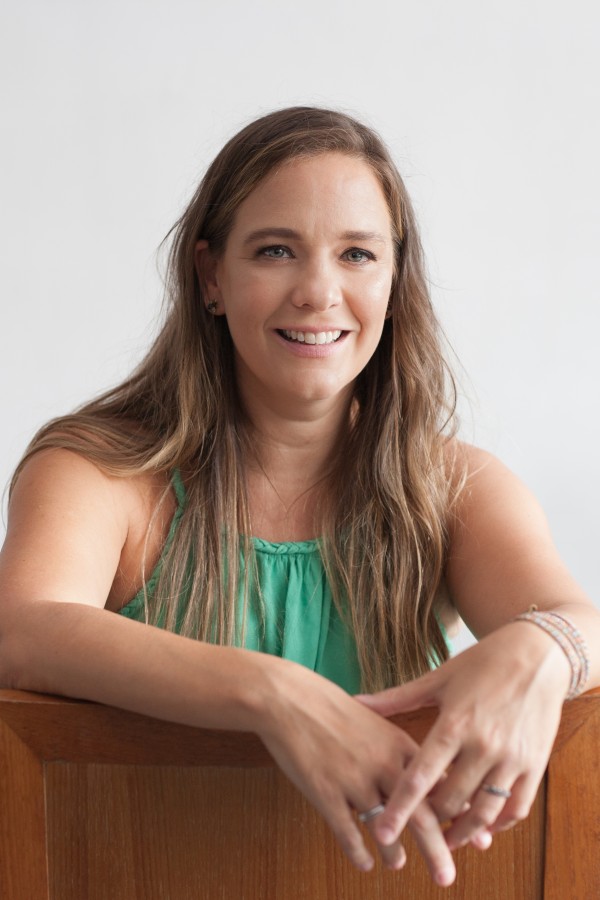
British filmmaker Joanna Bowers directed the most important scene of her latest documentary via WhatsApp from a hospital bed. At the time, she was nine months pregnant and unable to attend the performance of the Unsung Heroes – a choir of domestic workers – at Hong Kong’s music festival Clockenflap in 2015.
As she was emotionally preparing to become a mother, Bowers watched the live streaming of the event and proudly witnessed the women she had been following for almost a year singing about leaving their home and children behind.
Those women and mothers were the protagonists of The Helper, which was released in October, and gently touches upon a largely unexplored aspect of Hong Kong’s society.
“We wanted to make something very different, something positive. Instead of focusing on abuse or negative aspects of their lives – which do exist – we decided to focus on strength and inspiration,” Bowers tells me.
As a matter of fact, while there is a growing abundance of work around the issue of domestic workers in Hong Kong, not many focus on motherhood or on personal empowerment. By telling the stories of the migrant workers, “we tried to show how they positively impacted society, allowing many local women to enter the workforce but most of all, we tried to make a film that could resonate with audiences globally,” Bowers says.
Recently, she was contacted by the TIP (Trafficking in Persons Report), an annual account run by the US State Department that monitors human trafficking, to ask permission to screen her documentary. Locally, The Helper will be also shown in schools to raise awareness on global migration. If the initial goal of the project was a shift in perception, the response has definitely exceeded expectations.
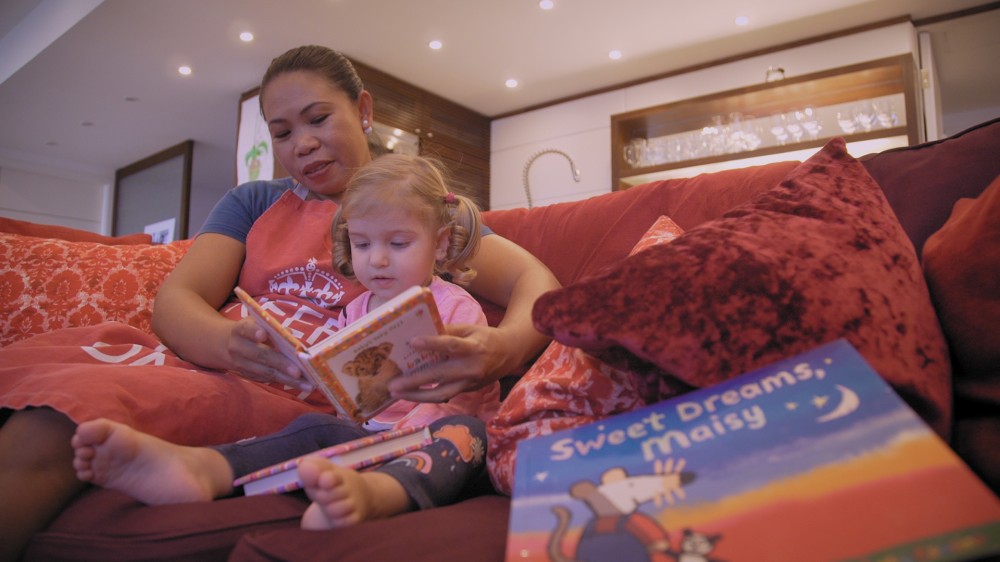
For viewers, watching The Helper can be a bittersweet, and yet delicate, experience – and it should be. It is a collection of hopeful, empowering and inspiring stories but the protagonists’ sacrifices are as palpable as their admirable strength and positivity. For Bowers, detaching herself from their suffering was – and is – the hardest part of making the film.
“I got so close to all these women that trying to find a separation line and understanding that I can’t fix their lives and make everything as good as possible is hard,” she says. “We’ve been able to help the Unsung Heroes’ lead singer, who was offered a job as a music teacher, but it’s horrible not being able to help all of them – being powerless sucks.”
As we continue talking about women and mothers, I ask Bowers if she thinks that a man could have directed her documentary. “Hell, no,” she promptly says.
While becoming a mother during the creative process has definitely influenced her perception, Bowers firmly believes that it had to be done this way: by a woman.
“It’s such a complicated relationship, there are many people in Hong Kong who grew up with their families’ domestic helpers acting as their mothers and raising them, being able to understand and explore this made a huge difference,” she says.
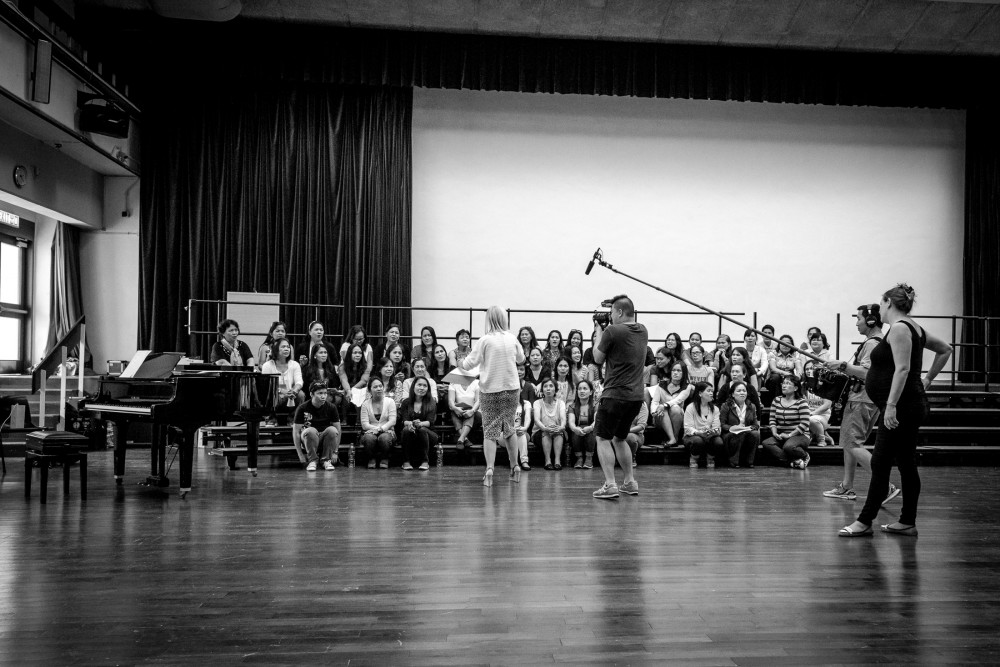
The filmmaking industry is still globally dominated by men, something that Bowers experienced first-hand when she was working in Los Angeles before relocating to Hong Kong six years ago: “I experienced some terrible situations when I was in LA that at some point I actually started working only with women, it was so much easier.”
Similarly, she never thought of becoming a director until working on a short movie commissioned by a friend in 2009, as she had never attempted to knock on the door of what she defines as a “boys’ club, mainly composed by middle-age white guys.”
But that’s exactly why directing documentaries became her prerogative, “to impact society”, like the movies that she’s inspired by.
Bowers considers herself a privileged woman, who does what she loves while being able to put her daughter to bed every night. Nonetheless, her story, like those of the women featured in The Helper, is one of empowerment and broken boundaries.



